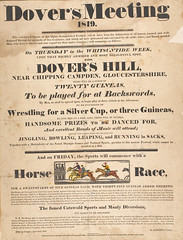
The Olympics as we know it have evolved over the centuries. This year, for example, we saw the addition of 12 new games to the Winter Games including Ice Dancing and Ski Halfpipe.
Before the International Olympic Committee was founded in 1894, several nations hosted their own sporting games.
From the 1600s to mid 1800s, in England it was the Cotswold Olimpick Games.
Revived around 1660s after several decades break, the Costwold Olimpick Games featured games of horse-racing, coursing with hounds, cock-fighting, pitching the bar, vaulting over the heads of kneeling men, handstands, football, skittles (lawn bowling), running, jumping in sacks, dancing, sledgehammer throwing, fighting with swords and cudgels, quarterstaff, and wrestling.
Booths and tents were erected for games of chess and cards and were played for small stakes. Stalls with abundant food was supplied for everyone who attended. A temporary wooden structure called Dover Castle was erected in a natural amphitheatre on what is now known as Dover’s Hill, complete with small cannons that were fired to begin the events.
The Games took place on the Thursday and Friday of the week of Whit Sunday (Whitsun), normally between mid-May and mid-June.
According to Robert Bell (1839) “the nobility and gentry used to come from great distances to be present at the games” during Robert Dover’s (a lawyer in the 16oos credited with organizing the games) oversight, but by the 1740s had degenerated into “another drunken country festival” according to poet William Somerville.
Known by the mid to late 1700s as “Dover’s Meeting”, according to a letter to the editor in The Mirror of Literature (1826) “although it is not countenanced by persons of such rank and consequence as it was some half century ago, it is still a great holiday for all the lads and lasses within 10 or 15 miles of the place, and is attended by a great numbers of gentry and people of respectability in the neighbourhood.” The author of the letter goes on to describe the games as they were in the Regency era:
I can very well imagine this being, for a naughty young buck new on the Town, like a sort of Spring Break where Girls Go Wild.
These pastoral sports were also undoubtedly a great way for young gentleman to rub elbows with those usually under his mastery (farmers, labourers, and merchants).

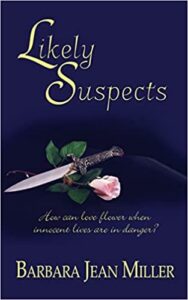
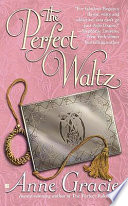
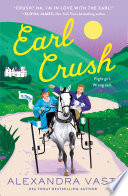
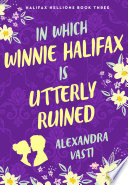
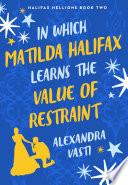
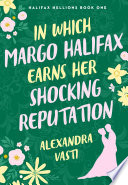
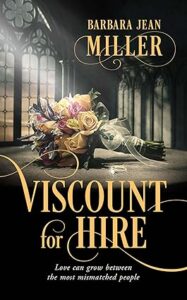



And then there’s Much Wenlock…http://www.shropshiretourism.co.uk/much-wenlock/
Great post – fascinating! Thanks.